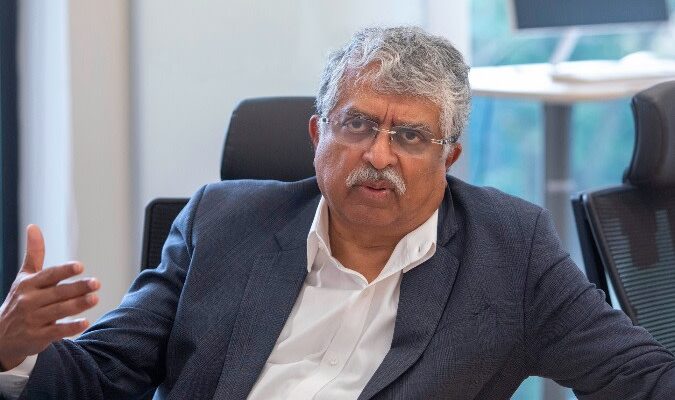Stay informed with free updates
Simply sign up to the Indian business & finance myFT Digest — delivered directly to your inbox.
Multinational companies struggling to compete for hires in the red-hot market for artificial intelligence engineers in their home countries are turning to back offices in India to meet their core AI needs.
Several groups including McDonald’s and UK insurer Bupa have unveiled plans in recent months to establish so-called global capability centres, which can perform a wide range of big-data tasks such as remotely monitoring fridge temperatures and offering customers personalised recommendations.
The centres represent a shift for India’s back offices from providing support services to performing core competitive functions that directly affect companies’ profitability. They come as hiring AI engineers in the US and Europe has become increasingly expensive, with some technology groups offering eye-watering sign-on bonuses for top talent.
With non-tech companies struggling to attract engineers, the back offices can “bridge the gap with [India’s] availability of deep, scalable AI expertise”, said Lalit Ahuja, chief executive of ANSR, a consultancy that helps companies set up global capability centres.
“As a result, GCCs are rapidly emerging as a strategic AI backbone for many of these organisations,” he said.
Tesco pivoted its GCC to focus on AI-based solutions for cost savings in 2019. Sumit Mitra, chief executive of Tesco Business Solutions, which provides services to the UK retailer, said the back office had gone from being a “labour arbitrage story” when it first opened in 2003 to an “intellectual arbitrage story”.
India Business Briefing
The Indian professional’s must-read on business and policy in the world’s fastest-growing big economy. Sign up for the newsletter here
The centre’s nearly 5,000 employees in Bengaluru manage several core functions for Tesco’s global operations, including monitoring fridge temperatures and using analytics to determine which need replacement. Mitra said controlling temperatures centrally had saved the company “millions of pounds” a year by curtailing food waste.
GCCs could be the answer to India’s AI conundrum. While the country boasts one of the world’s largest pools of technology workers, it has struggled to catch up to the US and China on innovation.
The centres could give India a leg-up because they have access to resources from the global companies, such as large language models for training AI products, said Rohan Lobo, Deloitte’s south Asia lead for GCCs.
As AI becomes a core part of growth for many companies, “you want to keep that as a strategic competitive driver and advantage and you want to keep it in house”, he said.
The centres can then develop and test new technologies to “innovate back into the rest of the world”, said John Lombard, Asia-Pacific head of Japanese IT services group NTT Data, which recently set up a local team to explore opportunities to serve GCCs.
Jaspreet Singh, head of Grant Thornton Bharat’s GCC practice, estimated that about a quarter of large centres were “now moving beyond traditional support roles to focus on high-value capabilities such as agentic AI and advanced analytics”.
However, a lack of digital and physical infrastructure outside India’s biggest cities remained a challenge, he said, and “the more urgent concern” was investment in training and retaining workers. “Otherwise we risk losing ground to emerging global hubs like eastern Europe,” said Singh.
India’s back office sector has grown from an $11.5bn industry employing 400,000 people in 2010 to employing 1.8mn and generating revenue of $65bn last year, according to GCC consultancy Inductus, which expects revenue to hit $100bn by 2030.
Research and development of new tools and services comprises an increasing portion, accounting for 55 per cent of revenue in 2023, up from 45 per cent in 2015, according to Goldman Sachs, which noted that “training technology graduates as fit for the job market” was a challenge for the sector.
AI-focused GCCs are an example of India “moving up the value chain”, said Priyank Kharge, the electronics and IT minister for Karnataka, the state that houses 40 per cent of the country’s nearly 1,800 GCCs.
India is no longer seen as just a service industry, he said, but as an “ecosystem that can deliver on innovations and inventions [and] provide solutions and products on scale”.


